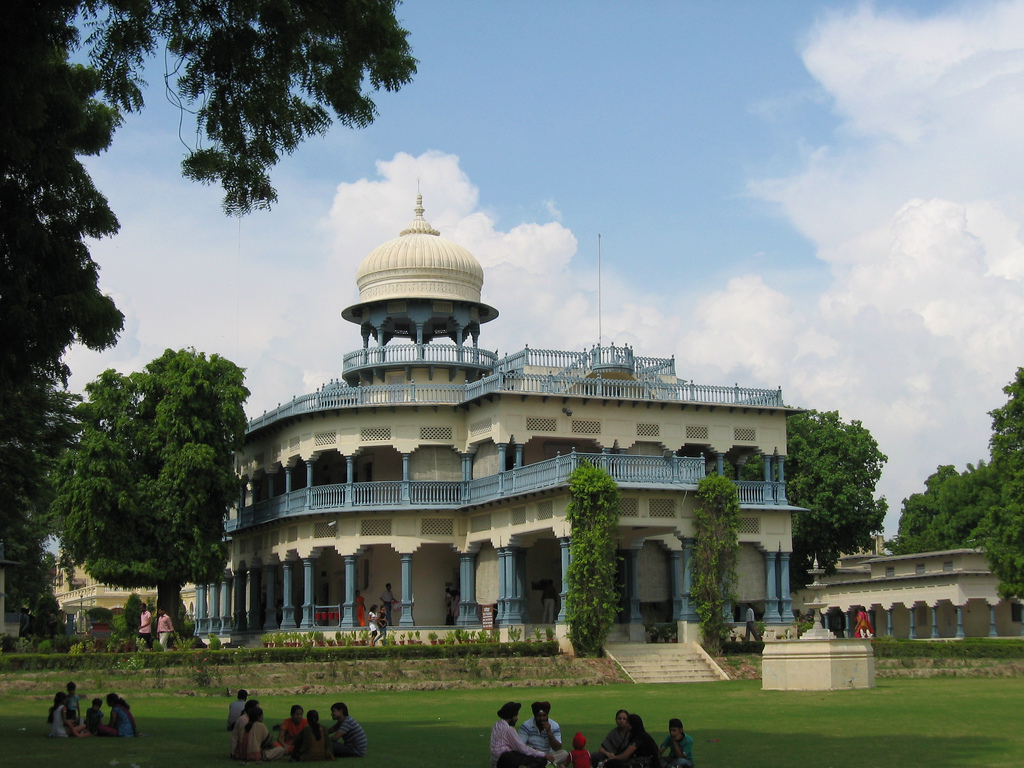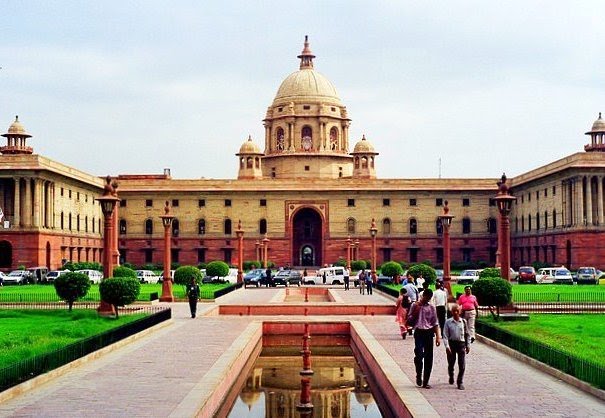Against the Decision to Force Allahabad Politicians to Send Their Children to Government Schools

Background
It is a widely known and an indisputable fact that a majority of the government primary and middle schools in India are of a poor quality—in fact, it was found that a Bihar teacher of a government school was unable to name India’s president at that time, and failed to correctly spell even the most basic words. Painfully similar situations abound in other nooks and crannies of Indian education. And due to this utter lack of planning and care given to the pitiable condition of government schools, it is not those at fault who ultimately suffer, but India’s youth. And since the youth are the most crucial components of the success of a nation, this failure in regard to government education in primary, middle and high schools invariably prevents our nation from rising.
Recently, however, the Allahabad high court took a monumental step to ensure that its children would not be affected in such a way—after analysing the deplorable conditions of government schools in Uttar Pradesh, the city high court ordered the chief secretary of state to make sure that the children/wards of those working in the government (politicians, judges, etc.—those who have a say in the running of the state) be sent to study in government primary schools. This action was exemplified by the court, which stated that—“only then would they [members of government] be serious enough to look into the requirements of these schools and ensure that they are run in good condition”.
If the high court of Allahabad is truly intent on making a change in the quality of primary schools, it is on the right track. On the other hand, if it is seeking to implement this particular policy with the purpose of making a positive change, it may have derailed slightly off course. Indubitably, improvement in government education and positive change may be nearly synonymous; however, this implementation may prove to have negative consequences on those innocent beings who hope for a better future—the children of these politicians.
The Change: Good or Bad?
Change is a gradual process—so gradual that it tends to melt into the backdrop of society; change is a phenomenon that is brought about by the concerted efforts of the many generations of innumerable people from all walks of life; change is a result brought about by society, as opposed to by a fixed, predetermined set of people. Therefore, can these politicians truly be held accountable for this lack of positive change relating to the many primary government schools in India?
Certainly, politicians and members of the parliament are integral parts in the legislation and implementation of policies, but they are not everything—the support of the common man and people of other professions is also paramount. So, putting the brunt of the slow pace of a societal process on the backs and minds of a fixed set of the populace is not only wrong, but also unethical—since it means that the education of the politicians’ children will also suffer. Furthermore, even if some say that it is the politicians of Uttar Pradesh who are entirely to blame for the poor conditions of government schools, then these adults themselves should be made to face their errs—not their children.
My Story
When reading about this decisive decision of the Allahabad government, I couldn’t help but think about a situation I had faced several years ago in primary school. We were learning about a challenging new concept in mathematics, and many of my peers—who were disgruntled by the difficulty of the topic—were reluctant to carry on with the exercises. On receiving these complaints, my teacher had made a statement that immediately set everyone to work—that if we didn’t score well on the examination, we would be berated by our parents. However, the atmosphere in class following this remark was not a healthy one—it was one characterized by bitterness, with the faint tinge of anger. I had seen a similar situation in another class; but that time, the teacher encouraged the class to learn by pointing out that these topics would ultimately benefit us in the long run by introducing us to the essential concepts of that subject. After that, my peers did not complete their homework and exercises merely out of pressure, but out of a true desire to learn and hone their abilities—thereby resulting in a classroom atmosphere that had the spark of interest imbibed in it.
Conclusion
The above scenarios are, to me, akin to the situation in Uttar Pradesh. Now, politicians will be under huge amounts of pressure to ameliorate the conditions in government schools, since the education and learning of their very own children are at stake; they will strive to improve the educational scenario in their nation—but not solely because they sincerely love their country. And just like it did in my class, this obligation will lead to an air of resentment that will eventually pervade all of India.
Undoubtedly, the officials of Allahabad have justified this movement of theirs, stating that placing the children of govt. officials in government schools “will also boost social equation. It will give an opportunity to children of common men to interact and mix with children of so-called high or semi-high society, giving them a different kind of atmosphere, confidence and other opportunities”. But is this justification strong enough? Certainly not—this additional reason, when coupled with the main one, seems rather weak. All in all, what Allahabad has done can be compared to placing a violent thundercloud over the heads of members of the Uttar Pradesh government—one wrong movement will trigger the wrath of the clouds, making the lightning strike and destroy all in its vicinity.
Photo Credit: Kumara Sastry




